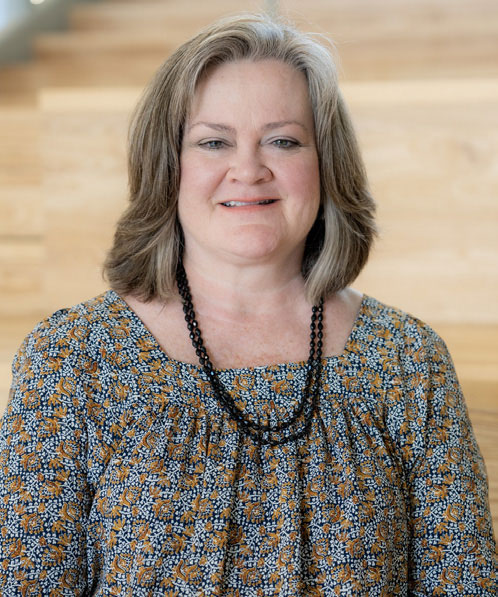The Biomedical Sciences Program in Auburn’s College of Sciences and Mathematics is a leading oath for students pursuing careers in medicine, health care and research. With two majors — Biomedical Sciences and Health Sciences — the program blends rigorous science training with flexibility. Students gain a strong foundation in biology, chemistry and physiology while engaging in research and hands-on learning that prepare them for professional school and the workforce.
Why Should You Consider COSAM
- COSAM students are consistently accepted into professional schools at a rate that is more than 30 percentage points higher than the national average.
- COSAM offers a robust and rigorous curriculum in subjects foundational to success in professional school.
- The Pre-Professional Advisory Committee (PPAC) Program has four decades of proven results and provides personal guidance for:
- Admission Requirements
- Applications
- Entrance Exams
- Interviews & Personal Statements
- Letters of Recommendation
- Extensive research opportunities for students to excel.
- Learn from a current student conducting research about how to navigate finding a research lab and participating in scientific inquiry firsthand.
Our Majors
B.S. Biomedical Sciences
Structured curriculum designed for students interested in research or professional school. Electives include physiology, genetics and neurobiology. Pre-professional tracks include:
Pre-professional concentrations:
B.S. Health Sciences
Flexible curriculum with room for a minor and tailored electives based on career goals. Pre-professional tracks include:
Pre-professional concentrations:
Research Opportunities
Biomedical Sciences students have access to research across the College of Sciences and Mathematics and Auburn, with opportunities in areas from pharmacy to veterinary sciences. Students gain practical experience that supports graduate student and careers in health care.
Career Outcomes
Graduates of Biomedical Sciences and Health Sciences pursue professional school or careers in health and science fields. Potential outcomes include:
- Anesthesiologist assistant
- Dentist
- Health educator
- Healthcare manager
- Medical assistant
- Medical doctor
- Occupational therapist
- Optometrist
- Pharmacist
- Physical therapist
Student/Faculty Spotlight

ALEX TOWERY; DENTISTRY, ’26:
“I always thought I’d be a software engineer, but over time I realized I wanted a career in the medical field—one that keeps me on my feet and lets me engage with my community. It wasn’t until Camp War Eagle that I knew I wanted to be a dentist. I switched my major to Biomedical Sciences that day, and I couldn’t be happier with my decision.
One of my favorite professors, Dr. Curtiss, has had a huge impact on my academic success and work ethic. Organic Chemistry I can be a rude awakening for many sophomores, but he showed me that with effort and persistence, success is always within reach. The study habits I developed in that class have carried over into even tougher courses, and I’m grateful for his constant support and dedication to helping students succeed.”

BETH SCHWARTZ; ASSISTANT DEAN, BIOMEDICAL SCIENCES:
“I’ve been fortunate to mentor many outstanding undergraduates at Auburn who have gone on to careers in medicine, biomedical research and other health-related fields. Recently I heard from a former student who conducted research in my lab and graduated about five years ago.
She wanted to share that she was preparing to defend her PhD dissertation at the University of Michigan. Hearing that her experience in my lab helped shape her career path and inspired her to pursue microbiology was incredibly rewarding. As a mentor, there’s nothing more gratifying than helping excellent students discover their passion and follow it.”


